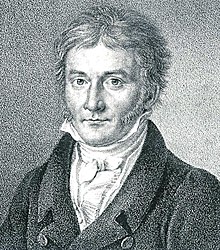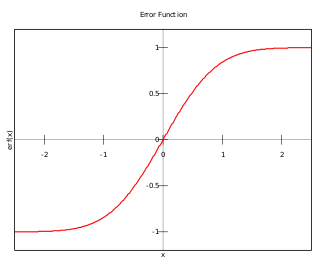
Johann Carl Friedrich Gauss (30 April 1777 – 23 February 1855) was a German mathematician and scientist who contributed significantly to many fields, including number theory, statistics, analysis, differential geometry, geodesy, electrostatics, astronomy, and optics. Sometimes known as "the prince of mathematicians" and "greatest mathematician since antiquity", Gauss had a remarkable influence in many fields of mathematics and science and is ranked as one of history's most influential mathematicians.
Gauss was a child prodigy, of whom there are many anecdotes pertaining to his astounding precocity while a mere toddler, and made his first ground-breaking mathematical discoveries while still a teenager. He completed Disquisitiones Arithmeticae, his magnum opus, at the age of 21 (1798), though it would not be published until 1801. This work was fundamental in consolidating number theory as a discipline and has shaped the field to the present day.

Error Function (In mathematics, the error function (also called the Gauss error function) is a non-elementary function which occurs in probability, statistics and partial differential equations.)

Hiç yorum yok:
Yorum Gönder